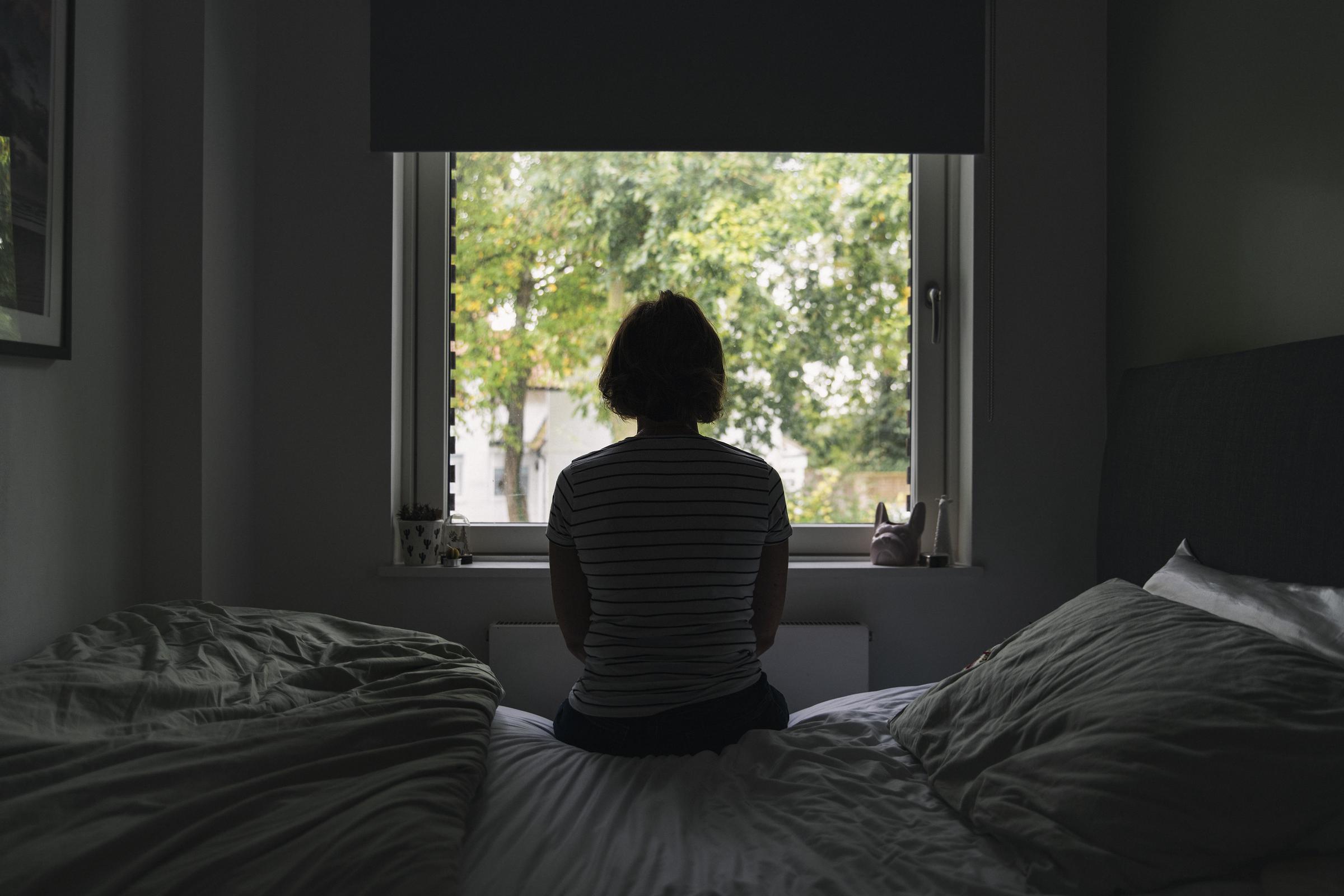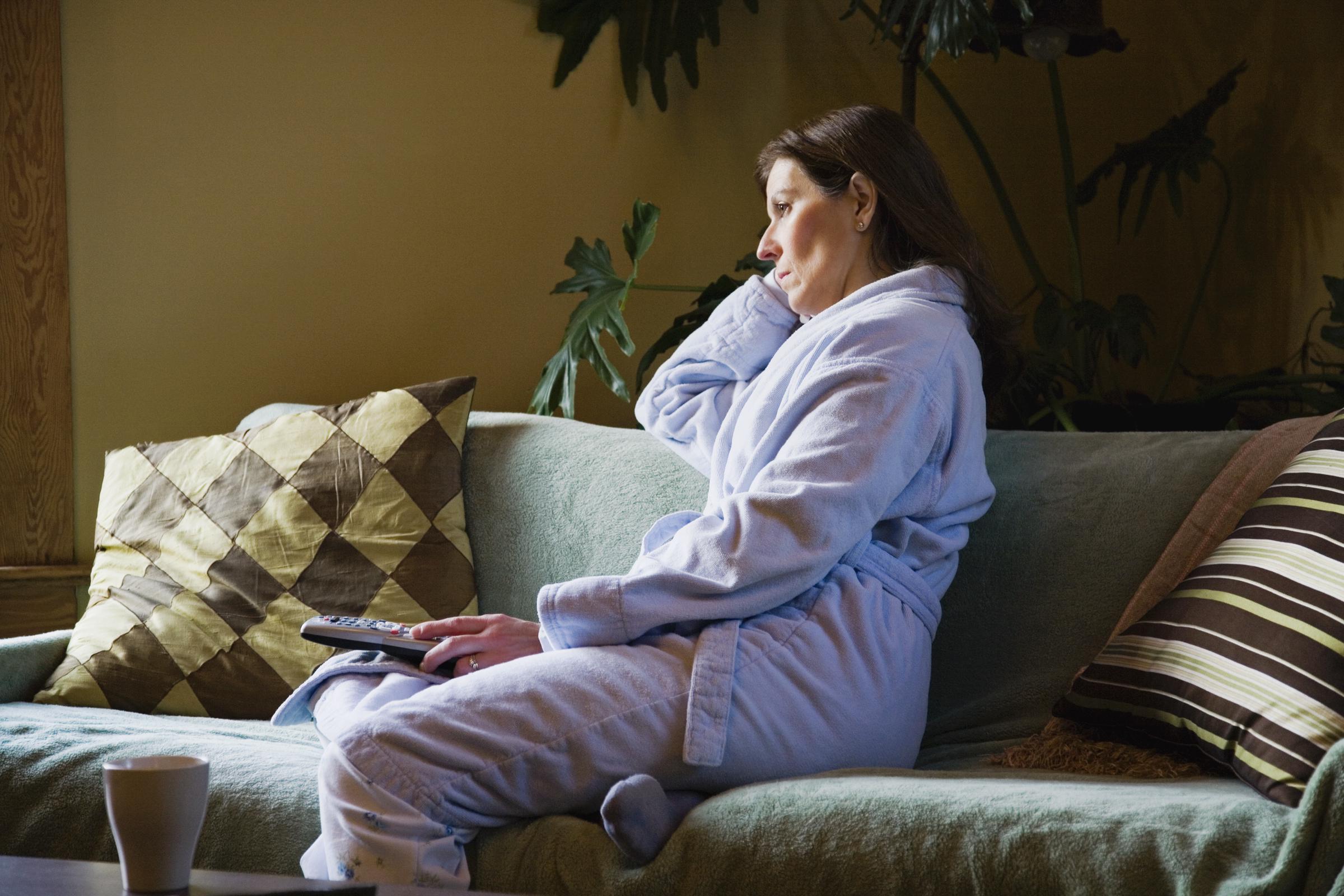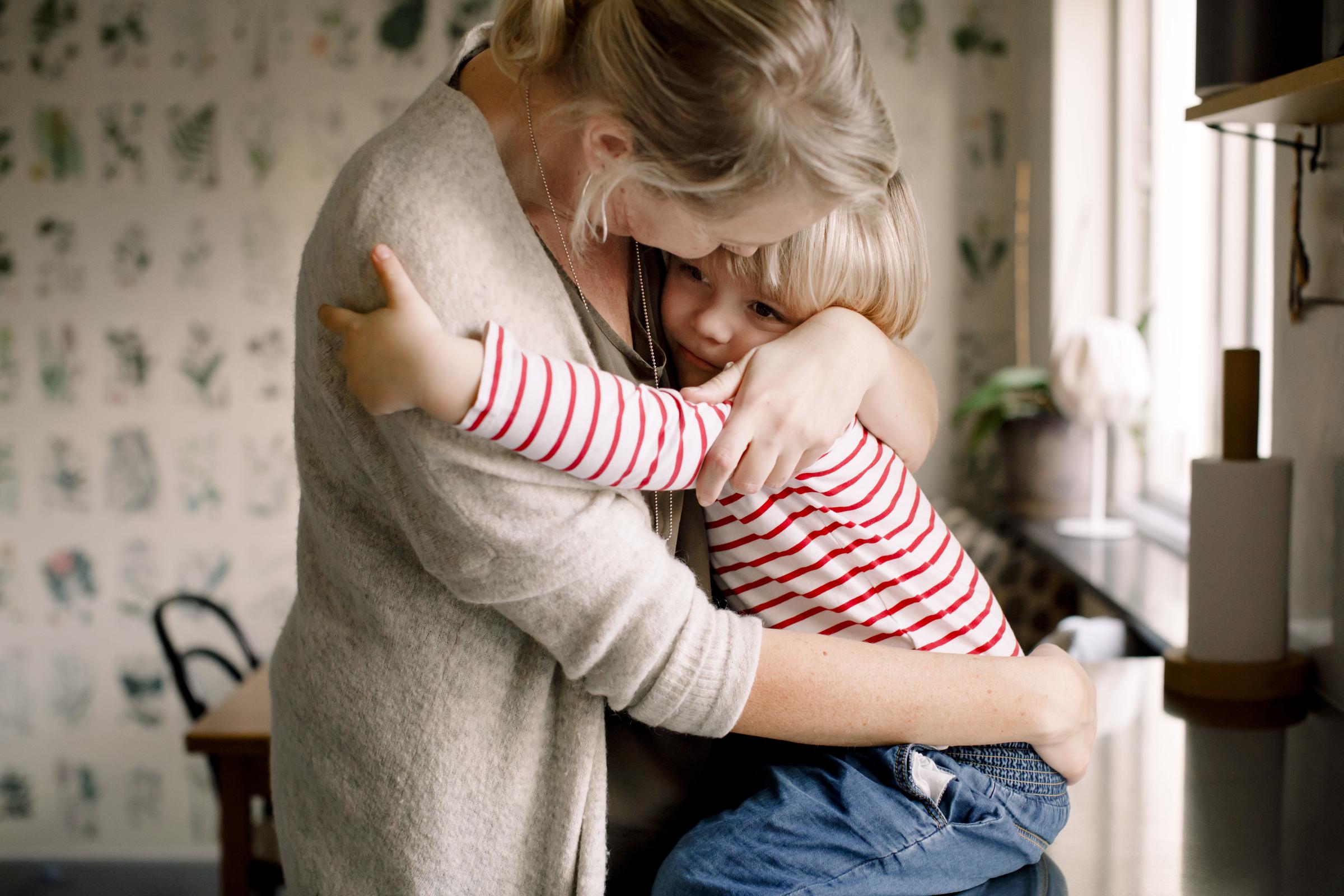
The Art of Connection: Building Stronger Relationships in a Busy World
Being present in a world where we — and the people closest to us — are plagued by overflowing schedules has become increasingly difficult. Not only is it affecting our mental health, but it's also straining our relationships.
We are constantly surrounded by people, messages, and notifications from our loved ones — and yet, sometimes, we still find ourselves feeling alone. Nowadays, in a world that is endlessly moving, genuine connection is harder to come by, let alone maintain.

A woman staring out the window in her bedroom | Source: Getty Images
Moreover, loneliness has quietly become one of the most pressing issues of our time. From mounting responsibilities to digital distractions, the barriers to meaningful connection are everywhere.
The good news? With awareness and a few intentional changes, you can begin to weave connections back into daily life — one conversation, one shared moment, one ritual at a time.

A group of friends together outdoors | Source: Getty Images
The Cost of Disconnection: Loneliness in a Busy World
While technology has made it easier to stay connected with our loved ones, loneliness continues to be on the rise. Not only is this feeling — especially if left unaddressed for a long time — corrosive to our emotional well-being, but it can eat away at our physical health.
The World Health Organization (WHO) recently called loneliness a global health concern, linking social isolation to a higher risk of heart disease, stroke, dementia, and premature death. It's as damaging to your health as smoking fifteen cigarettes a day, and yet far easier to overlook.

A woman deep in thought | Source: Getty Images
Around the world, millions struggle with feelings of disconnection, even while surrounded by others. Beyond physical health, loneliness deeply affects mental well-being. It can erode self-esteem, fuel anxiety, and make stress harder to manage.
The effects reach even further, influencing how you learn, work, and contribute to your community. Studies also show that people who feel connected are not only happier but also more creative, resilient, and productive. Therefore, connection isn't just "nice to have," it's vital for thriving in every area of life.

A woman watching TV alone in her pajamas | Source: Getty Images
Integrating Connection into Daily Life
You probably already have daily transitions: waking up, leaving for work, coming home. Each of these is an opportunity to build a small ritual of affection.
Saying hello or goodbye with intention, offering a long hug, or taking a moment to make eye contact before parting ways can release oxytocin, the "bonding hormone" that helps strengthen emotional ties and reduce stress.

A mom hugging her daughter in her kitchen | Source: Getty Images
Simple, mindful gestures, done with intention, can ground your relationships in warmth and familiarity. They don't take much time, but they remind both you and your loved ones that you're present and connected, even in the midst of chaos.
Connection also blooms when you share experiences. Whether it's cooking dinner together, going for a walk, joining a local club, or setting aside a weekly family night, shared activities strengthen common ground and create long-lasting memories.
The University of Delaware's Cooperative Extension highlights how family rituals, from meals to weekend routines, reinforce trust and create a sense of belonging that technology alone simply can't replace.

A family making dinner together in the kitchen | Source: Getty Images
Navigating Modern Challenges
Technology isn't the enemy of connection — it's how you use it makes all the difference. Tools like video calls, messaging apps, and shared playlists can bring people closer when used intentionally.
But excessive screen time and doomscrolling can also replace genuine interaction with superficial exchanges, leaving you more disconnected than before. That's why setting healthy boundaries, like having screen-free meals or dedicated "offline hours," creates space for real conversation.

Two women sitting and talking | Source: Getty Images
Reconnection doesn't have to be complicated. It's about choosing presence over distraction, depth over convenience, and people over pixels. As life speeds up, taking time to nurture your connections — with yourself, your loved ones, and your community — may be the most powerful way to slow down and feel whole again.
The information in this article is not intended or implied to be a substitute for professional medical advice, diagnosis or treatment. All content, including text, and images contained on AmoMama.com, or available through AmoMama.com is for general information purposes only. AmoMama.com does not take responsibility for any action taken as a result of reading this article. Before undertaking any course of treatment please consult with your healthcare provider.
